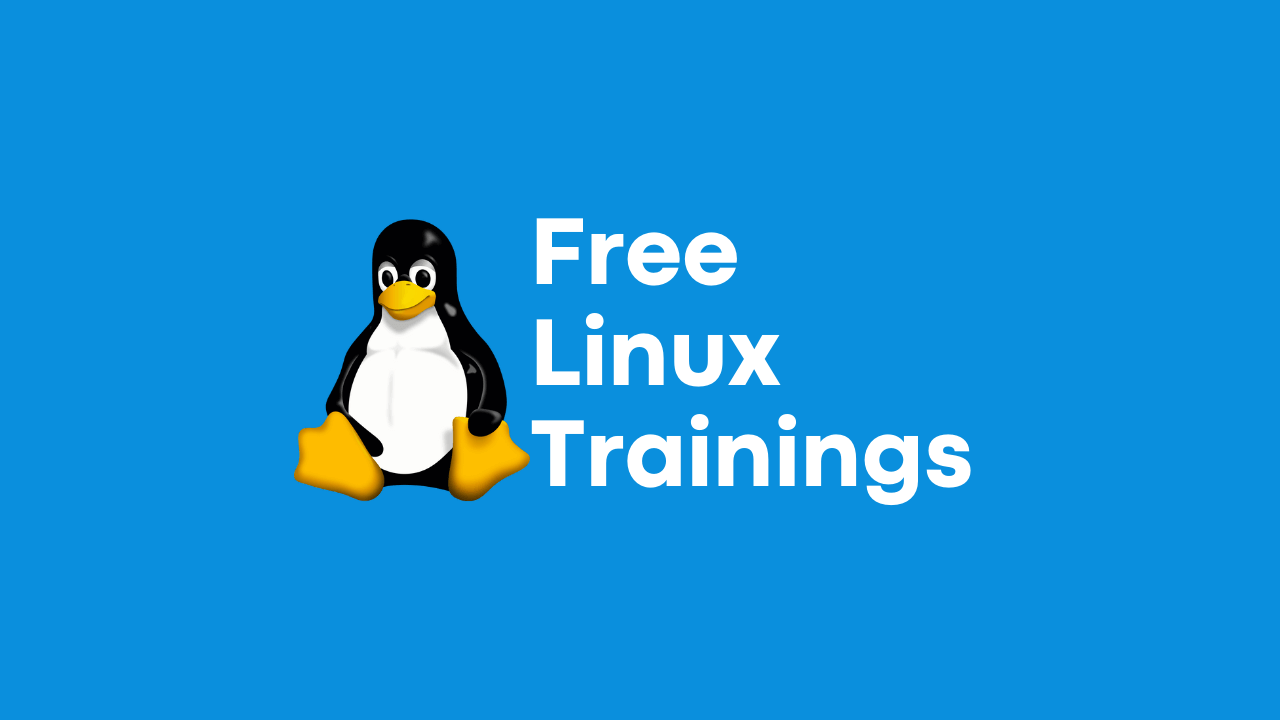5 Effective Methods for Continuous Learning in AI, ML, and DevOps Era

In the era of Artificial Intelligence (AI), Machine Learning (ML), and DevOps, continuous learning has become a crucial element for personal and professional growth. These rapidly evolving technologies demand that we keep ourselves updated with the latest trends, tools, and techniques to stay relevant and competitive in the market. Following are the five effective methods that I found, one can follow for continuous learning in AI, ML, and DevOps.
Do and Learn
The best way to learn these modern technologies is to get your hands dirty . It means working on real-life projects and experimenting with different tools and techniques. The more you practice, the more you learn. Doing hands-on activities is an effective way to learn from your mistakes and gain practical knowledge.
Utilize Free Courses and Knowledge-Sharing Sessions
Several platforms offer free courses and knowledge-sharing sessions , such as meetups, webinars, and online forums. These platforms provide a platform for experts to share their real-life experiences, use cases, and best practices with the community. Attending these sessions can help you gain a better understanding of the latest trends and tools in AI, ML, and DevOps.
Join Community Chat Groups and Forums
Online forums and community chat groups are an excellent way to learn from real-time issues faced by professionals working in the industry. By participating in these forums, you get to explore different scenarios and try to solve them in your own lab. You can also share your experiences and knowledge with the community and learn from others.
Connect with People in Similar Industries and Technical Track
Networking with professionals in the same industry and technical track can help you stay up-to-date with the latest trends and tools. You can join professional groups on social media platforms like LinkedIn and connect with experts to learn from their experiences.
Start Your Own Blog and Contribute to the Community
Starting your own blog and sharing your experiences, experiments, and best practices with the community is an effective way to learn and grow. Writing articles forces you to do more research and refine your understanding of the topic. It also helps you gain visibility in the industry and build your personal brand.
In conclusion, continuous learning is crucial to stay relevant and competitive in the rapidly evolving field of AI, ML, and DevOps . Yes, you need to enhance your knowledge and skills and stay ahead of the curve.
Remember, the key to success in these fields is to be open-minded, curious, and eager to learn.
#learningeveryday

Gineesh Madapparambath
Gineesh Madapparambath is the founder of techbeatly. He is the co-author of The Kubernetes Bible, Second Edition and the author of Ansible for Real Life Automation. He has worked as a Systems Engineer, Automation Specialist, and content author. His primary focus is on Ansible Automation, Containerisation (OpenShift & Kubernetes), and Infrastructure as Code (Terraform). (Read more: iamgini.com)
Note
Disclaimer: The views expressed and the content shared in all published articles on this website are solely those of the respective authors, and they do not necessarily reflect the views of the author’s employer or the techbeatly platform. We strive to ensure the accuracy and validity of the content published on our website. However, we cannot guarantee the absolute correctness or completeness of the information provided. It is the responsibility of the readers and users of this website to verify the accuracy and appropriateness of any information or opinions expressed within the articles. If you come across any content that you believe to be incorrect or invalid, please contact us immediately so that we can address the issue promptly.


